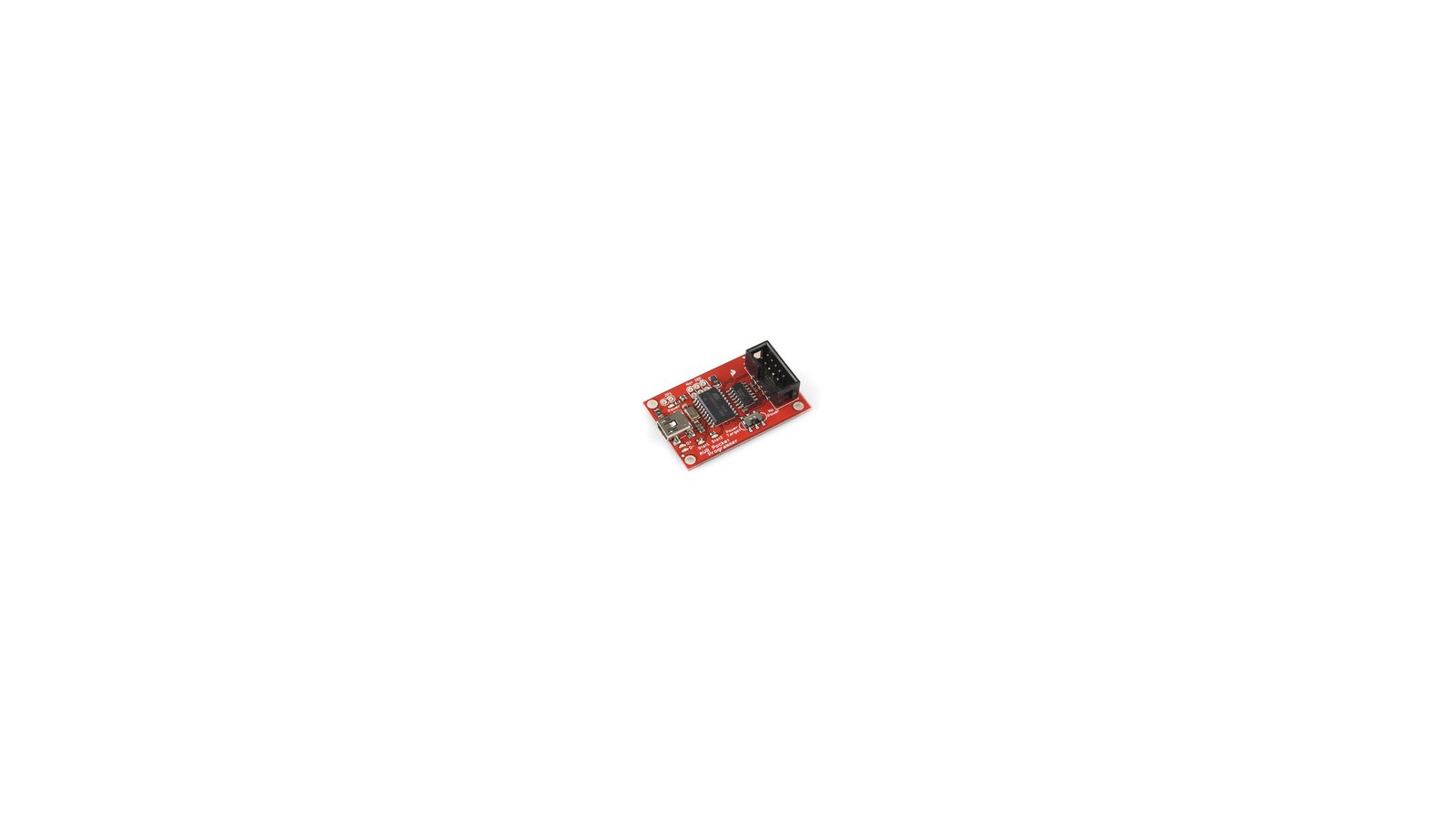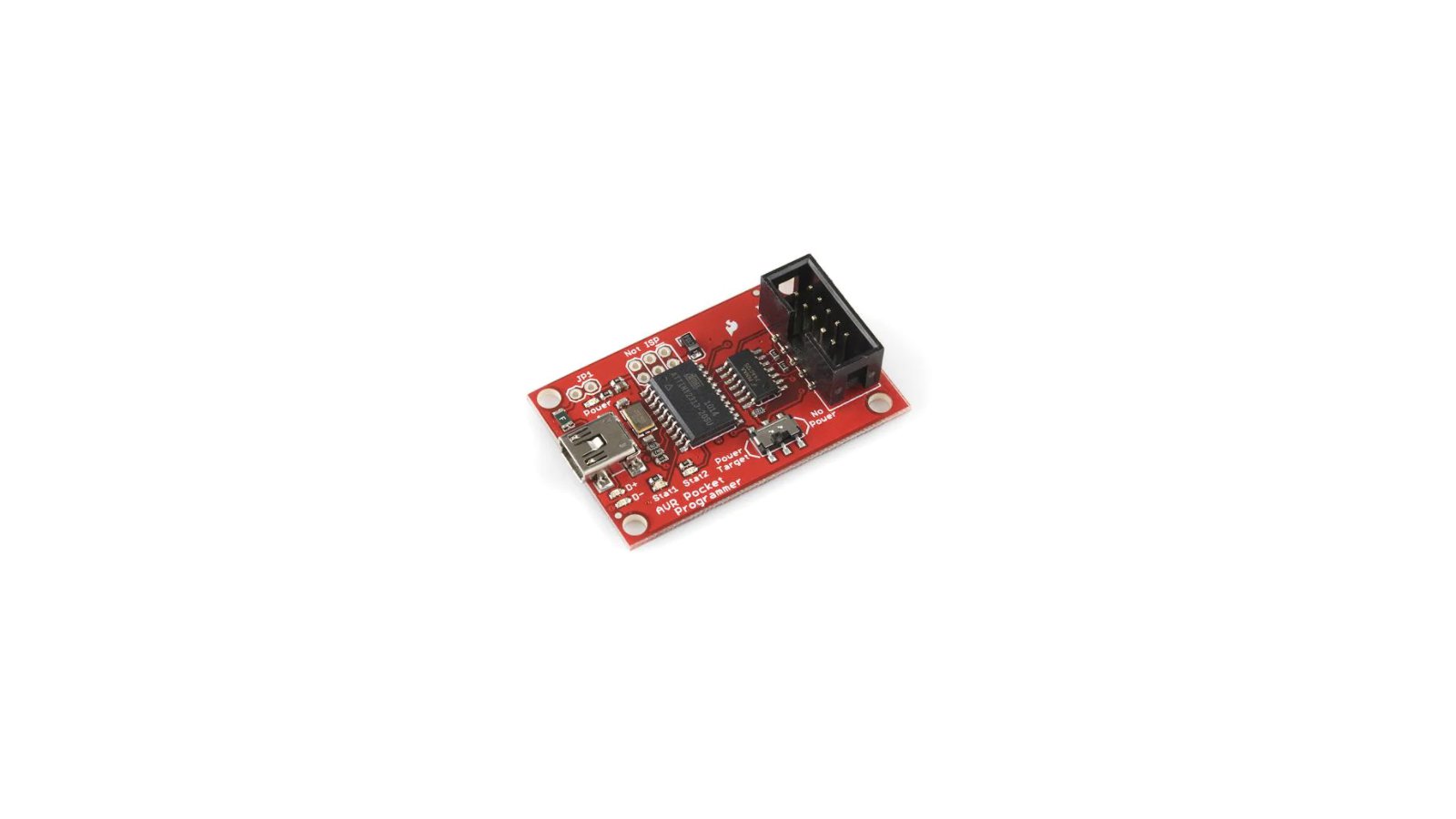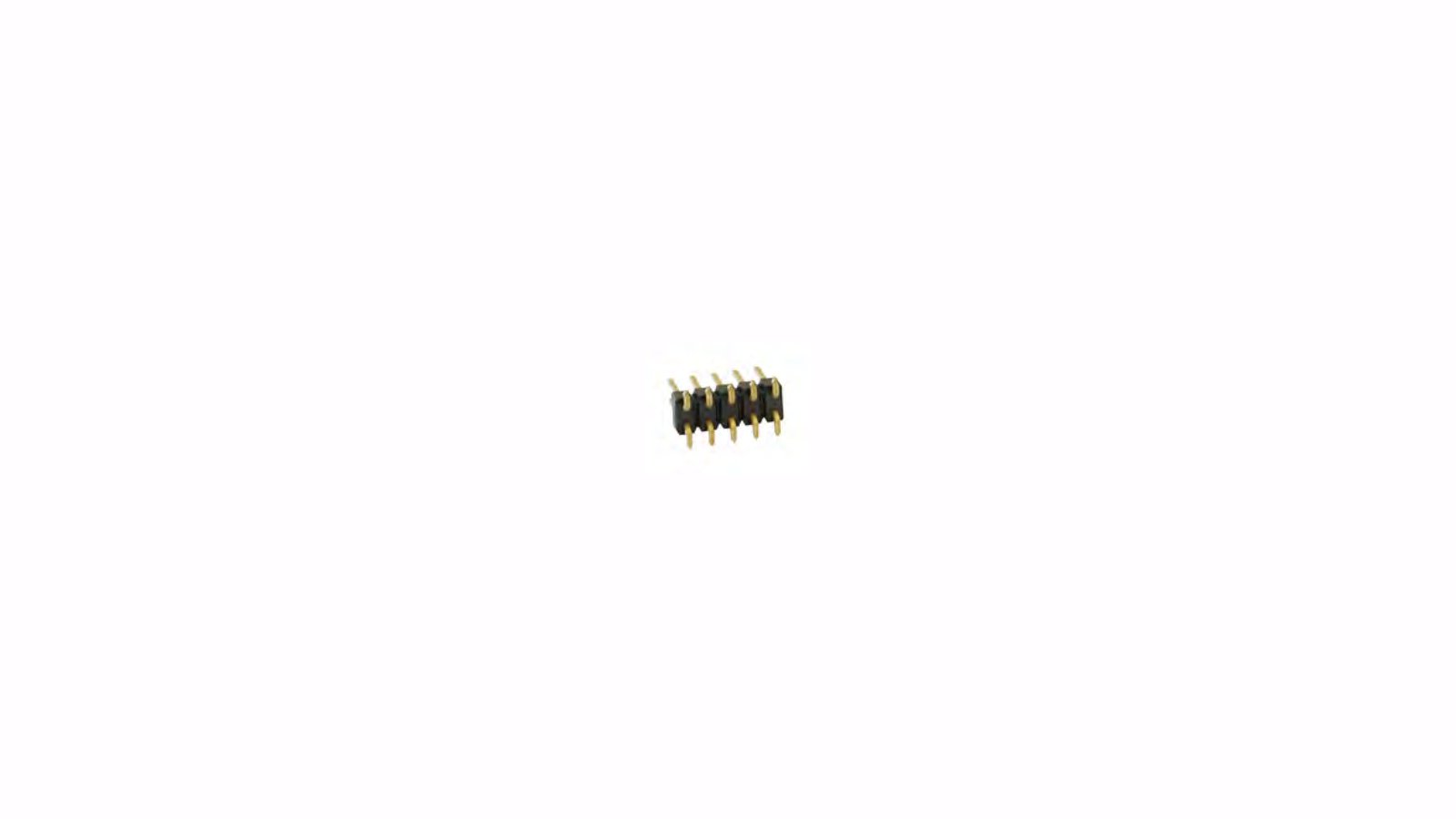Centuries ago, she was Queen of the Pirates.
Now, you are holding her skull in your hands.
A tiny piece of her mind remains within,
barely alive, and it holds a dark secret.
Awakened by a gentle touch, her eyes will glimmer,
and cease shortly after. They say the eyes are
windows to the soul, and this lost soul is waiting
for you to uncover her secret and set her free.
Will you take up her quest?
The Skull is a Capture the Flag (CTF) riddle that invites you to explore the internals of the AVR architecture. It has multiple stages and will likely keep you busy for days, or even weeks, as you exercise the muscles in your brain and apply them to the riddle in hers. Unless of course your mind slips its grasp on reality and you tumble, unmoored, into the swirling, lunatic void. In which case you might be at it a while longer. In order to keep your sanity intact, you will need three things: the ability to read and understand Arduino code, a willingness to spend some quality time with the ATtiny45 datasheet, and basic programming skills.
You will not need any special hardware, an electrical connection to the Skull, a soldering iron, a trephine, or necromancy. Nor will you need a battery, because we’ll send you one. A tiny CR2032 coin cell has enough juice to keep the blinkenlights on for at least a year. And we mean at least a year. The wildly efficient ATtiny draws as little as 0.33 µA while in sleep mode, so that battery could theoretically last for 50 years.
Kind of makes you think about your own mortality, doesn’t it?
When it’s not breaking your brain, the Skull doubles as a decorative badge that flashes its eyes when you touch a small contact panel on the back of its head. It’s the perfect way to spice up your Halloween wardrobe or to add a little mystery to your porch decor. And remember, our commitment to open source extends well beyond hardware and software. Looking to knit a hat for your Skull? Think it would look kinda badass with an eye patch? Or a forehead tattoo? Or a face mask? Go for it! We’re certainly not going to stop you. In fact, we’re here to help!

Write your own riddles! The Skull will keep you busy for a long time as it is, but her story doesn’t have to end there. Using the optional programmer and headers, you can devise your own challenges based on her stock firmware, or modify that firmware to flash your own core riddle. The Skull’s the limit!
More interested in hardware mods? Use the programming pads to hook up a small buzzer and teach the Skull to speak. Or give her an I²C accelerometer and, with it, a sense of direction. Come to that, why not attach a Wi-Fi or a Bluetooth adapter and unleash her upon the Internet? What’s the worst that could happen?
And, if you want to share your mods with others, you could even design them as tiny PCBs with castellated mounting holes so they can be soldered directly onto the Skull’s programming pads. Then you’ll be able to call them Bone Shields or Skull Hats or…Slaughterboards?
The Skull’s programming pads expose three GPIO pins—PB0, PB1, and PB2—as well as 3V (from the battery) and GND. PB0 and PB1 are currently unused by the firmware, and PB2 is used for the small touch panel on the back.
If you have any questions, you can reach out to us using the Ask a technical question link on our campaign page. And you should feel free to check out our Getting Started Guide, our firmware, and the following KiCAD circuit schematic (all of which are spoiler-free).
We’ve hand soldered several prototype units and tested them exhaustively. They did not disappoint. For production, however, we’ll be working with PCBWay because they’re just the slightest bit faster than we are. Rest assured, we’ve used their services several times in the past, including on other CTF riddles, and we’ve always been pleased with the results.
Once we’ve piled up enough Skulls to cover all of our crowdfunding orders—plus a respectable stack for pre-orders and stock sales—we’ll have them all sent from from Shenzhen, China directly to Mouser Electronics in the US. From there, Crowd Supply and Mouser will handle fulfillment to backers.
Several brave souls agreed to face off against our prototype units in order to test the concepts behind this riddle. The tests themselves were quite successful, and we have seen no evidence that the Skull played any part whatsoever in the subsequent institutionalization of our beta testers. While we expect to make a few cosmetic changes before the public release, everything is pretty much ready for prime time!
As with any hardware project, we face the usual risks: shipping delays, supply-chain shortages, and demonic possession. With the notable exception of its LEDs, however (we’re a little bloody minded about those LEDs), the Skull is built from common parts using a standard manufacturing process. So the risk here is quite low.
The buyer assumes full liability for all mental, emotional, and spiritual risks associated with exposure to the riddle contained within the Skull. Not to be consumed as food.
Produced by Wokwi in Ramat Gan, Israel.
Sold and shipped by Crowd Supply.

A single The Skull CTF board (☠)

A two-pack of The Skull CTF boards (☠☠)

A three-pack of The Skull CTF boards (☠☠☠)

A ten-pack of The Skull CTF boards. (☠☠☠☠☠☠☠☠☠☠) Perfect for classrooms, workshops, conferences, and very nerdy Halloween parties.

Cheat! Or, better yet, design your own puzzles and load them into The Skull's brain using the included SparkFun PGM-09825 AVR Pocket Programmer. Also comes with a ribbon cable and the SMT header you'll need to use it. (Does not include the MiniUSB cable.) Some soldering skill required.

A single The Skull CTF board (☠)

A single The Skull CTF board (☠)

From the Crowd Supply Basics project.
Design your own puzzles and load them into The Skull's brain using this programmer! Mini USB cable not included.
AVR Pocket Programmer by SparkFun

From the Crowd Supply Basics project.
Use with the SparkFun Programmer.
One Amphenol FCI EconoStik™ 2.54mm Header. SMD/SMT Mounting style, Straight angled male pins, gold-plating. Voltage rating: 110 V
